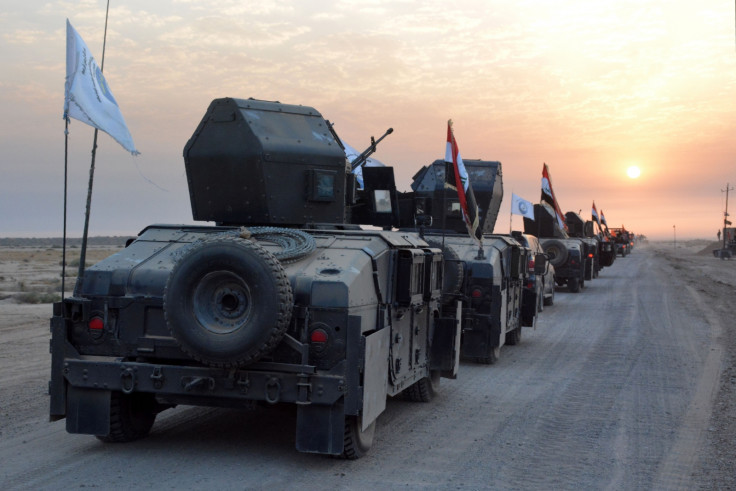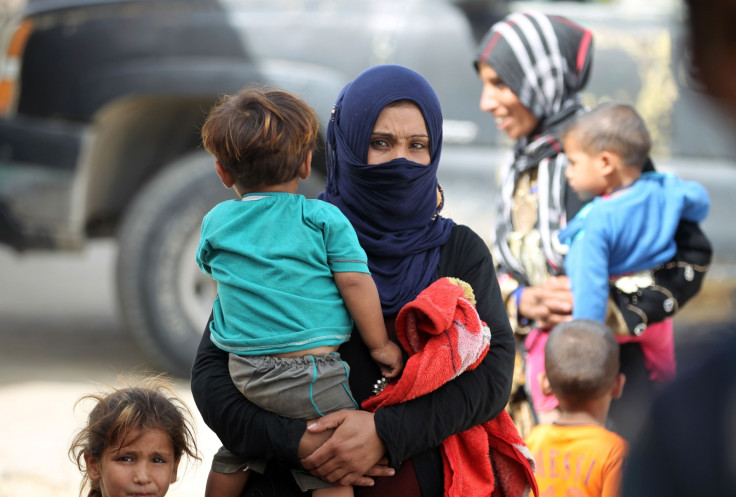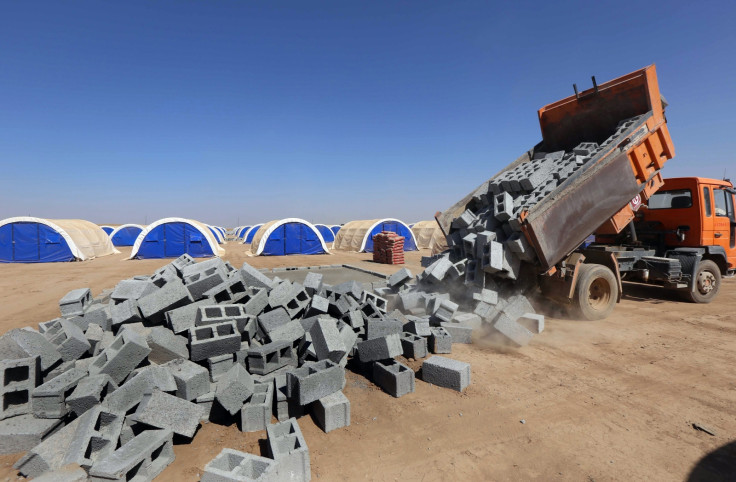'Chemical weapons and tunnels' in Mosul as Isis prepares for final assault
Daesh forces have constructed an elaborate tunnel system as they prepare for final stand.

Islamic State (Isis) fighters in Mosul have prepared an arsenal of chemical weapons hidden in a network of tunnels beneath the city, ahead of an Iraqi army campaign to retake it. Reports emerging from the city in northern Iraq reveal the tunnels include toilets, medical facilities and enough food to weather a sustained siege.
Waleed Abdullah, a 23-year-old Iraqi IS (Daesh) fighter who fled the battlefield last month, compared the tunnel to those built near Saigon by the North Vietnamese forces during the Vietnam War.
"Morale is still very high," he told IBTimes UK's sister publication, Newsweek. "[The fighters] will stay underground for a long time, since the tunnels are deep and provide the means of life."
Abdullah also claimed that the Islamist group's forces in Mosul have access to "chlorine and mustard gas" and warned that rather than staying to fight to the death, many would use the tunnels to escape and return to battle on another front.
Civilians in the stronghold have been forbidden by the militants from leaving, but streams of refugees have been fleeing the area, some heading for Turkey via Syria.
As many as 600,000 civilians have fled the city, according to the UN, with the same number remaining, but Humanitarian Response has warned that as many as 1.5 million people in the region around it could attempt to flee as the fighting begins. Estimates vary on how many fighters remain in the city but between 6,000 to 11,000 are thought to be there.

Those trapped in the city are making their own preparations for the impending attack. They are digging makeshift bomb shelters, stockpiling food and, as the battle draws closer, mostly staying at home to avoid bombs or provoking militants, according to the Guardian.
IS has banned mobile phones, but after midnight the people of Mosul risk making calls as they try to plan their escape or discover the fate of family members who have already left.
"It's complicated and almost impossible to get out now, but here people have nothing to talk about except the horrific war that will be launched against the city soon," Amina Najib, 45, a mother of nine told the Guardian.
"The word 'war' does not terrify me: the only difference this time is that we do not have enough money to stockpile supplies at home in case the fighting lasts a long time."

The Erbil Refugee Council (ERC), which oversees a number of camps housing Iraqis displaced by the conflict, is expecting to see a huge influx of refugees needing aid.
"Most people have no idea what we are dealing with here," Vian Rasheed of the ERC, told al-Jazeera. "They have a few thousand refugees show up in Europe and they start to worry. When fighting broke out in Mosul in 2014, we had 100,000 people show up in one night at checkpoints."
The Kurdistan Regional Government has prepared a contingency plan for Mosul, which would cost $284m for six months, Rasheed said.
"With our economic crisis, nobody can have this money — we are now looking for donors and at UN agencies for intervention," he added.
© Copyright IBTimes 2025. All rights reserved.





















